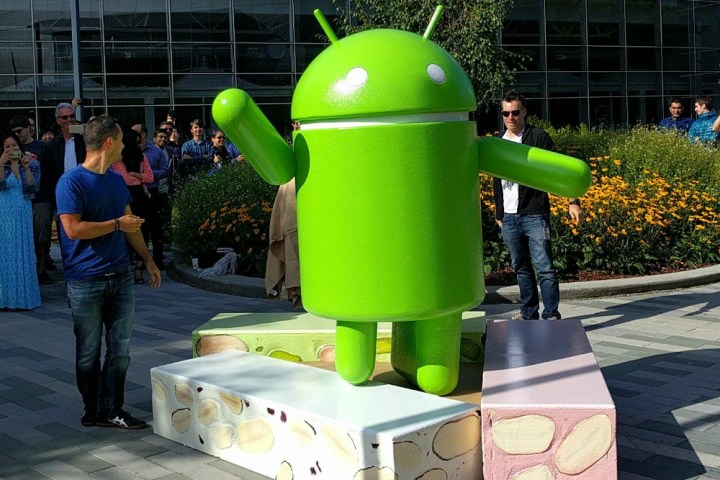
In fact, the Android 7.0 build for developers has just been released through the project. What does that mean? You can now run Android 7.0 Nougat on your computer.
Of course, it’s important to note that the software, which is based on Google’s Android Open Source Project, is still under development. You will, however, be able to enjoy some of Nougat’s standout features, such as multi-window mode and split-screen mode. It’s also important to note that the project is by and large aimed at developers.
The official page for Android-x86 tells you how to create the operating system from the source, but you’ll need to know what you’re doing in order to do that. To download a disc image, you can head over to Geek Til it Hertz.
Of course, Android on a PC might not be the best choice for everyone, especially because of the fact that it doesn’t yet support all of Nougat’s features. For example, the file manager doesn’t yet work.
Before the Nougat build was made public, there was a build of Android Marshmallow for computers in the form of Remix OS. Remix OS was stable enough to run on computers, and was created specifically to run fast and perform well. It also excelled in things like multiple window support, optimizations for the keyboard and mouse, the taskbar, and so on.
Android Nougat, however, will bring a number of great new features to the operating system. The aforementioned multitasking features are perhaps the most important, however the OS also brings improved notifications, and customizable quick settings. Check out the video below to find out more about the project.


